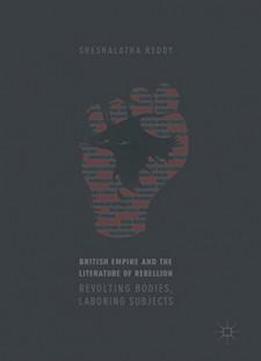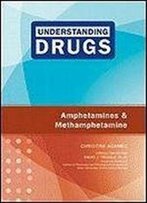
British Empire And The Literature Of Rebellion: Revolting Bodies, Laboring Subjects
by Sheshalatha Reddy /
2017 / English / PDF
3.2 MB Download
This book examines imperial and nationalist discourses
surrounding three contemporaneous and unsuccessful
mid-nineteenth-century colonial uprisings against the British
Empire: the Sepoy Rebellion (1857) in India, the Morant Bay
Rebellion (1865) in Jamaica, and the Fenian Rebellion (1867) in
Ireland. In reading these three mid-century rebellions as
flashpoints for the varying yet parallel attempts by imperialist
colonialists, nationalists, and socialists to transform the
oppressed colonized worker (the subjected laborer) into one whose
identity is created and limited by labor (a laboring subject),
this book also tracks varying modes of resistance to those
attempts in all three colonies. In drawing from a range of
historical, literary, and visual sources outside the borders of
the Anglophone literary canon, this book contends that these
texts not only serve as points of engagements with the rebellions
but also constitute an archive of oppression and resistance.
This book examines imperial and nationalist discourses
surrounding three contemporaneous and unsuccessful
mid-nineteenth-century colonial uprisings against the British
Empire: the Sepoy Rebellion (1857) in India, the Morant Bay
Rebellion (1865) in Jamaica, and the Fenian Rebellion (1867) in
Ireland. In reading these three mid-century rebellions as
flashpoints for the varying yet parallel attempts by imperialist
colonialists, nationalists, and socialists to transform the
oppressed colonized worker (the subjected laborer) into one whose
identity is created and limited by labor (a laboring subject),
this book also tracks varying modes of resistance to those
attempts in all three colonies. In drawing from a range of
historical, literary, and visual sources outside the borders of
the Anglophone literary canon, this book contends that these
texts not only serve as points of engagements with the rebellions
but also constitute an archive of oppression and resistance.











